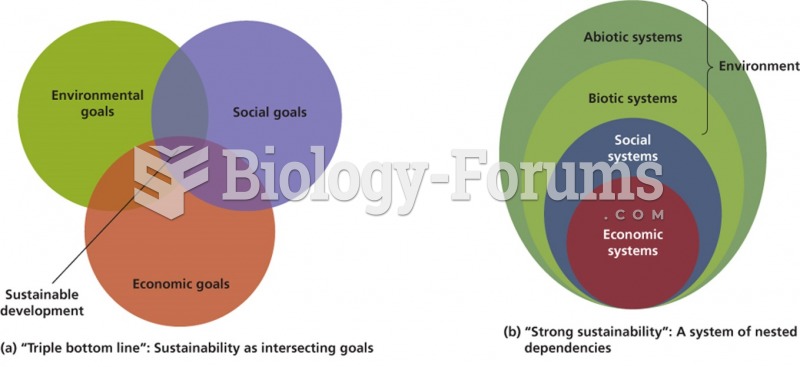|
|
|
The Food and Drug Administration has approved Risperdal, an adult antipsychotic drug, for the symptomatic treatment of irritability in children and adolescents with autism. The approval is the first for the use of a drug to treat behaviors associated with autism in children. These behaviors are included under the general heading of irritability and include aggression, deliberate self-injury, and temper tantrums.
Inotropic therapy does not have a role in the treatment of most heart failure patients. These drugs can make patients feel and function better but usually do not lengthen the predicted length of their lives.
Adult head lice are gray, about ? inch long, and often have a tiny dot on their backs. A female can lay between 50 and 150 eggs within the several weeks that she is alive. They feed on human blood.
The first oncogene was discovered in 1970 and was termed SRC (pronounced "SARK").
The most destructive flu epidemic of all times in recorded history occurred in 1918, with approximately 20 million deaths worldwide.
 Immanuel Kant (1724–1804). German philosopher considered by many to be the greatest thinker of the ...
Immanuel Kant (1724–1804). German philosopher considered by many to be the greatest thinker of the ...
 Apply oil or lotion to the entire leg. Include hip if performing massage to hip region as part of ...
Apply oil or lotion to the entire leg. Include hip if performing massage to hip region as part of ...





